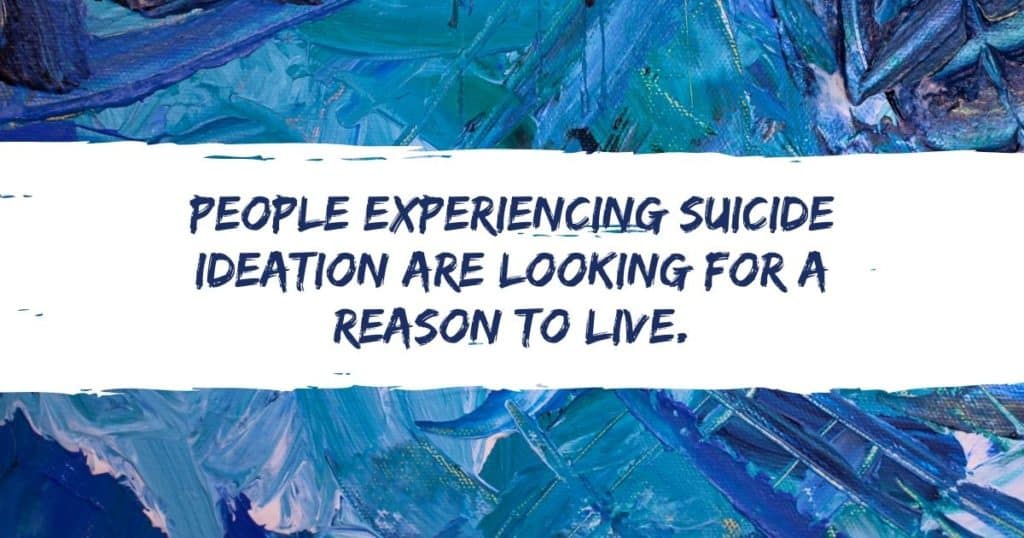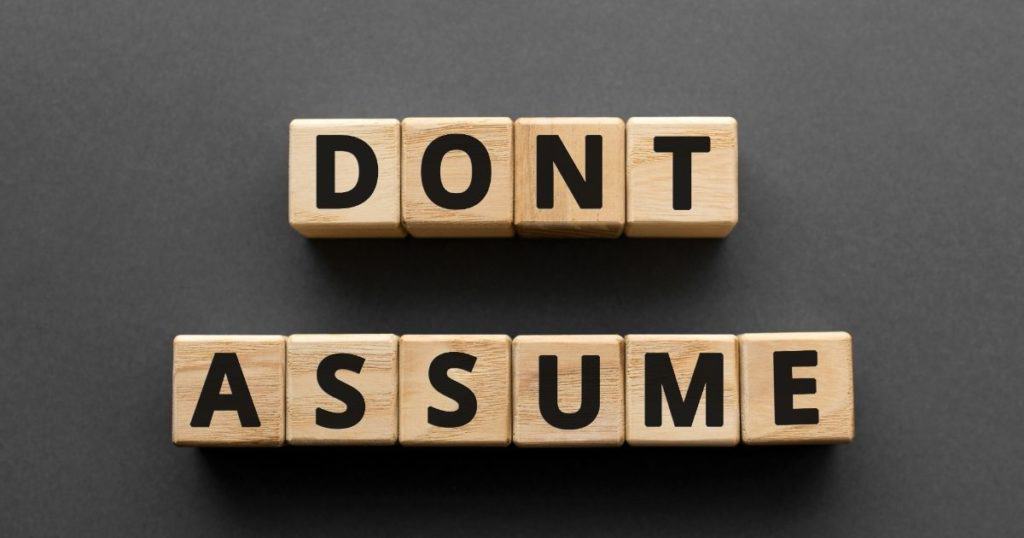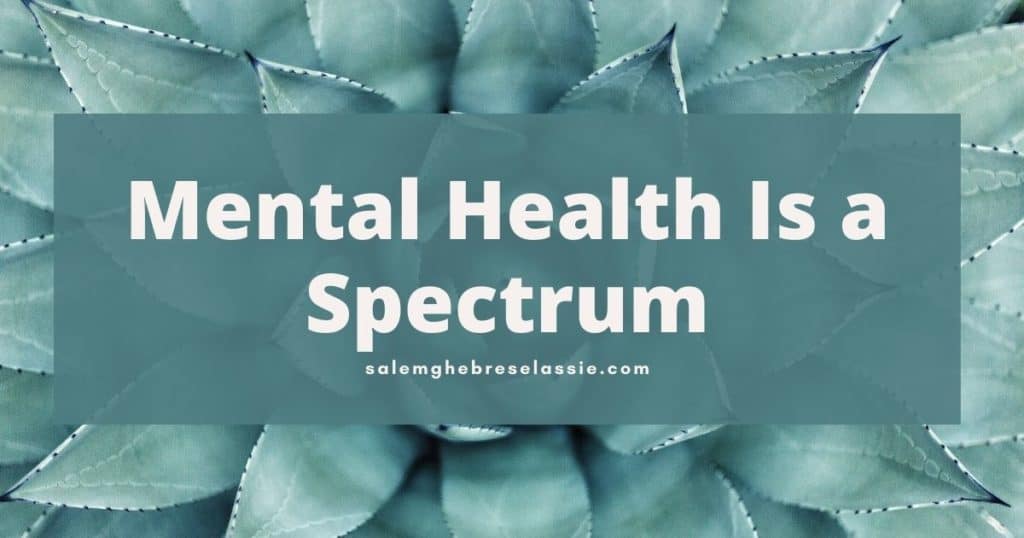In the last post, I talked about race, racism, and how to start a conversation with your kids. If you didn’t get a chance to read it I encourage you to do so you won’t be disappointed. Today I want to dive into how racism, discrimination can affect the mental health of children and adolescents.
To those of us who live in the diaspora, I think we might have a story or an experience to share when it comes to racism and discrimination, at least for me I do have few that I came across to. I can only imagine how much more our kids might have experienced it just because of their skin color and how they look? Recently I came across new research that came out how children under one-year-old can differentiate skin color by just looking at someone who is different than them. That’s interesting! I just happen to take my daughter (who just turned one) to the doctor’s office first-time post quarantine and she just literally jumped the moment she saw the doctor (who happens to be Caucasian) and cling to me the whole time. Could it be because she knew the doctor’s skin color, or just being her first time in a long time or it’s just me overthinking this whole race and racism thing – I don’t know, maybe or maybe not. Regardless children who haven’t started preschool can still positively distinguish between different races and skin colors. That’s a given fact backed by research. If a child can tell the difference just being under one then this shows how salient it is that those conversations about race, racism needs to happen in our homes on a regular basis before our children start going to school. Those early periods going to school and interacting with others can either give them a good experience for life or scar them for life. Trust me it is not too early to start this kind of conversation.
We see the injustice that continues to happen to people of color, the way people treat and see them just because of their color of skin – that’s the naked truth before our eyes that we can’t deny. If any adult person can be treated distinctively and restricted access to certain things based on his skin color, race, or ethnic origin on a daily basis; one can only imagine what children and young people go through when it comes to racism. The effects of such on the mental well being in addition to other factors like developmental stages, family socioeconomic status, and past life experiences…etc double the effects of mental health of such a vulnerable population. Since we are talking about the young population we have to consider the other contributing factors that can affect their mental health.
- Low self-esteem and self-worth
- Anxiety and Depressive symptoms
- School stress, tobacco, drug, and alcohol use
- Internalizing and externalizing problematic behaviors ( like anger)
What are some of the protective factors and coping mechanisms
- Ethnic identity. A strong sense of affirmation, belongingness, and commitment related to their racial-ethnic group. This strong sense of identity acts as a buffer when faced with unfair treatment based on their race. Creating a strong sense of identity and belonging is very crucial.
- Having a supportive social network. Social support from family members, teachers, peers mitigate the adverse effects of racism and lowering depressive symptoms and anxiety. Why? Because a supportive social group created a strong sense of connection, security, and a sense of hope when received validation from others who may relate to similar experiences.
- Creating a safe environment to express their emotions and anger where they feel heard and supported. This in return helps them not to look for destructive ways to cope with their anger.
- Cultivating a safe atmosphere to talk openly without judgment can go along way as well.
Salem.G.






